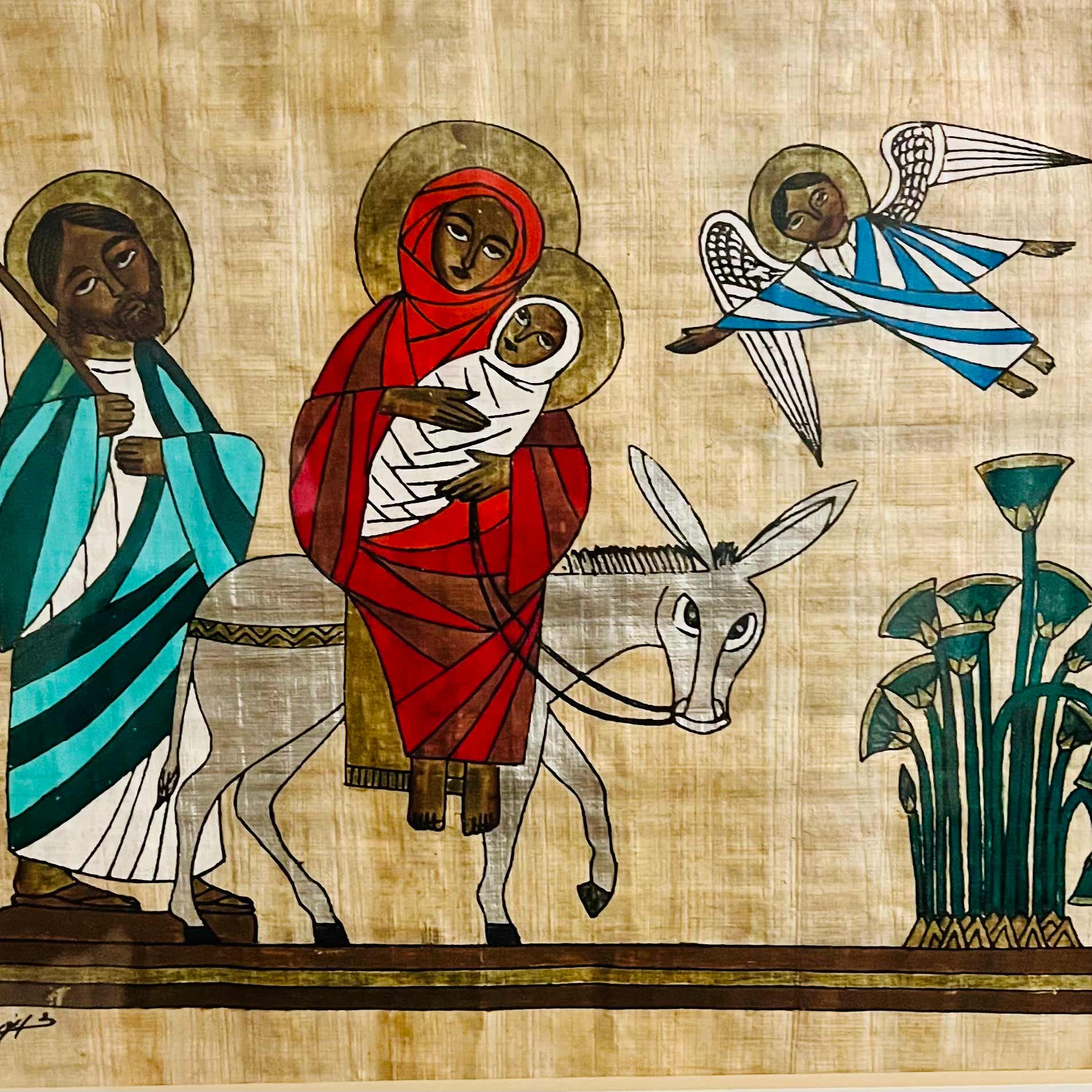

Speakeasy Theology
Chris EW Green
ministry, theology, and the life of faith cewgreen.substack.com
Episodes
Mentioned books

Sep 15, 2022 • 1h 24min
Joy Comes in the Mourning
Bill D, Christopher, and I discuss this week’s texts, asking why Jesus urges us to holy shrewdness, what it means to be faithful with dishonest wealth, and how the God who creates from nothing and resurrects the dead frees us both from the magical thinking of radicalism and the pseudo-realism of compromise. This is a public episode. If you'd like to discuss this with other subscribers or get access to bonus episodes, visit cewgreen.substack.com/subscribe

Sep 14, 2022 • 1h 22min
The Seven Fires of the Spirit
After discussing the Sermon on the Mount as a seven-fold fire that purifies our understandings of prophecy, Bradley and I reflect together on the need for an even larger furnace in which the lies that are eating us up can be truly burned away. This is a public episode. If you'd like to discuss this with other subscribers or get access to bonus episodes, visit cewgreen.substack.com/subscribe

Sep 6, 2022 • 55min
He Judged Me Faithful
Christopher wasn’t feeling well, so Bill D agreed to jump on and record some rough-and-ready reflections with me on this week’s texts, discussing how we are to think of our sins and God’s work that somehow saves us from them. This is a public episode. If you'd like to discuss this with other subscribers or get access to bonus episodes, visit cewgreen.substack.com/subscribe

Sep 1, 2022 • 46min
Vessels of Wrath, Vessels of Mercy
Christopher+ and I reflect on these apparently troubling texts, which at first glance seem to suggest God uses evil, breaks the family, and condones (or at least tolerates) slavery and oppression. In fact, however, they bear witness to the goodness of God that overshadows the darkness, curses the curse, and tramples down death by death. This is a public episode. If you'd like to discuss this with other subscribers or get access to bonus episodes, visit cewgreen.substack.com/subscribe

Aug 22, 2022 • 1h 4min
"Give This Person Your Place"
Christopher+ and I discuss this week’s readings, focusing on how it is that Jesus makes it possible for us to live life-giving lives, lives of mutual love and radical hospitality, rather than lives of sacrifice. We also explore some of what these convictions mean for honoring our leaders and dealing with abuse. This is a public episode. If you'd like to discuss this with other subscribers or get access to bonus episodes, visit cewgreen.substack.com/subscribe

Aug 20, 2022 • 43min
The Ties that Unbind
I wasn’t able to record reflections this week, but earlier today, as several of us were discussing tomorrow’s Gospel, Christopher+ suggested we all jump on and record the conversation so others could listen in. P.S. If you’re a preacher, be sure to check out Preston’s weekly reflections on the lectionary texts: This is a public episode. If you'd like to discuss this with other subscribers or get access to bonus episodes, visit cewgreen.substack.com/subscribe

Aug 9, 2022 • 1h 9min
God against the Technicians
Christopher+ and I discuss this week’s texts, which are—difficult, to say the least. This is a public episode. If you'd like to discuss this with other subscribers or get access to bonus episodes, visit cewgreen.substack.com/subscribe

Aug 4, 2022 • 53min
The Unexpected Hour
This week, Christopher+ and I discuss these texts, considering what they have to say to us about what it means to fear the God who does not want us to be afraid, what it means to dwell in the promises as if they were not fulfilled, and what it means to remain alert for the God who comes always only in “the unexpected hour.” We eventually risk a few thoughts on “nationalism,” as well, which is relevant to a major theme in the texts. This is a public episode. If you'd like to discuss this with other subscribers or get access to bonus episodes, visit cewgreen.substack.com/subscribe

Jul 28, 2022 • 33min
Chasing the Wind? Carried by the Spirit?
Reflecting on this week’s texts, I consider the wisdom of the Teacher, which tells us to look not at the things that can be seen “under the sun” but at what cannot be seen because it happens “within the Son” in whom our life is hidden. This is a public episode. If you'd like to discuss this with other subscribers or get access to bonus episodes, visit cewgreen.substack.com/subscribe

Jul 20, 2022 • 57min
For God So Loved Gomorrah
Engaging this week’s readings, Christopher+ and I discuss what it means to be whole-heartedly devoted to Christ alone in the midst of the many gods of this world who are vying for our allegiance, trying to co-opt us into fighting their wars for them. This is a public episode. If you'd like to discuss this with other subscribers or get access to bonus episodes, visit cewgreen.substack.com/subscribe


